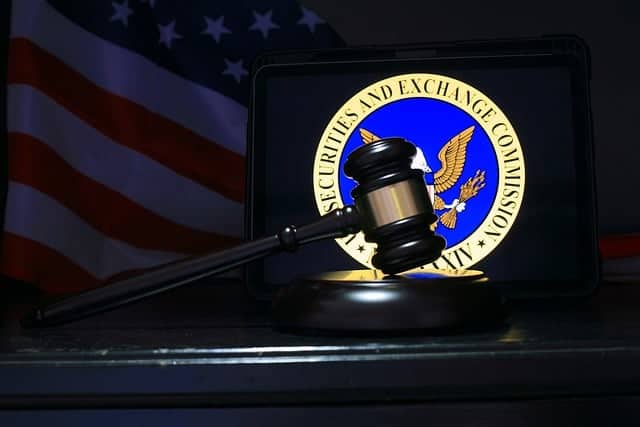In a move that could have far-reaching implications for businesses across the United States, the Securities and Exchange Commission (SEC) has announced new rules that will require companies to report their greenhouse gas emissions in greater detail than ever before.
The new regulations will require publicly traded companies to provide detailed information about their carbon footprint, including the sources of their emissions and the measures they are taking to reduce them.
The SEC’s decision is part of a growing trend towards greater transparency and accountability when it comes to corporate sustainability. With climate change becoming an increasingly urgent issue, investors are demanding more information about the environmental impact of the companies they invest in.
Under the new rules, companies will be required to report their Scope 1 and Scope 2 emissions – those generated from their own operations and from the generation of the electricity they use – as well as potentially their Scope 3 emissions, which come from their supply chain and other indirect activities.
This means that companies will have to collect detailed information from their suppliers and other partners, in order to accurately report their emissions. Companies that use a recognized utility bill processing and payment solution should already have this financial grade data at their fingertips, but for many companies, this will be a significant challenge, as they may not have previously collected this data.
The SEC’s decision has been met with a mixed reaction from businesses and environmental groups. Some argue that the new rules will increase the administrative burden on companies, and could lead to increased costs. Others, however, see the move as a positive step towards greater sustainability and transparency.
In a statement, SEC Chair Gary Gensler said that the new rules would “bring consistency and comparability to climate-related disclosures” and “empower investors with the information they need to make informed decisions.”
The SEC’s decision also reflects a broader shift towards greater environmental, social and governance (ESG) reporting, which has been driven by the growing awareness of the impact of climate change, as well as by changes in consumer and investor attitudes.
While the SEC’s new rules only apply to publicly traded companies, they are likely to have a ripple effect across the broader business community. Many private companies are already voluntarily reporting their emissions, and the SEC’s decision could encourage others to follow suit.
Overall, the SEC’s move towards greater emissions reporting reflects the growing recognition of the importance of sustainability and transparency in business. As climate change continues to pose a significant threat to the environment and to the global economy, it is likely that we will see more regulatory action aimed at addressing this issue in the years to come.
Vervantis provides advice and expertise in to companies looking for energy efficiency, sustainability (ESG/CSR) reporting and NET ZERO strategies – speak to our team today to see how we can help manage your exposure.











